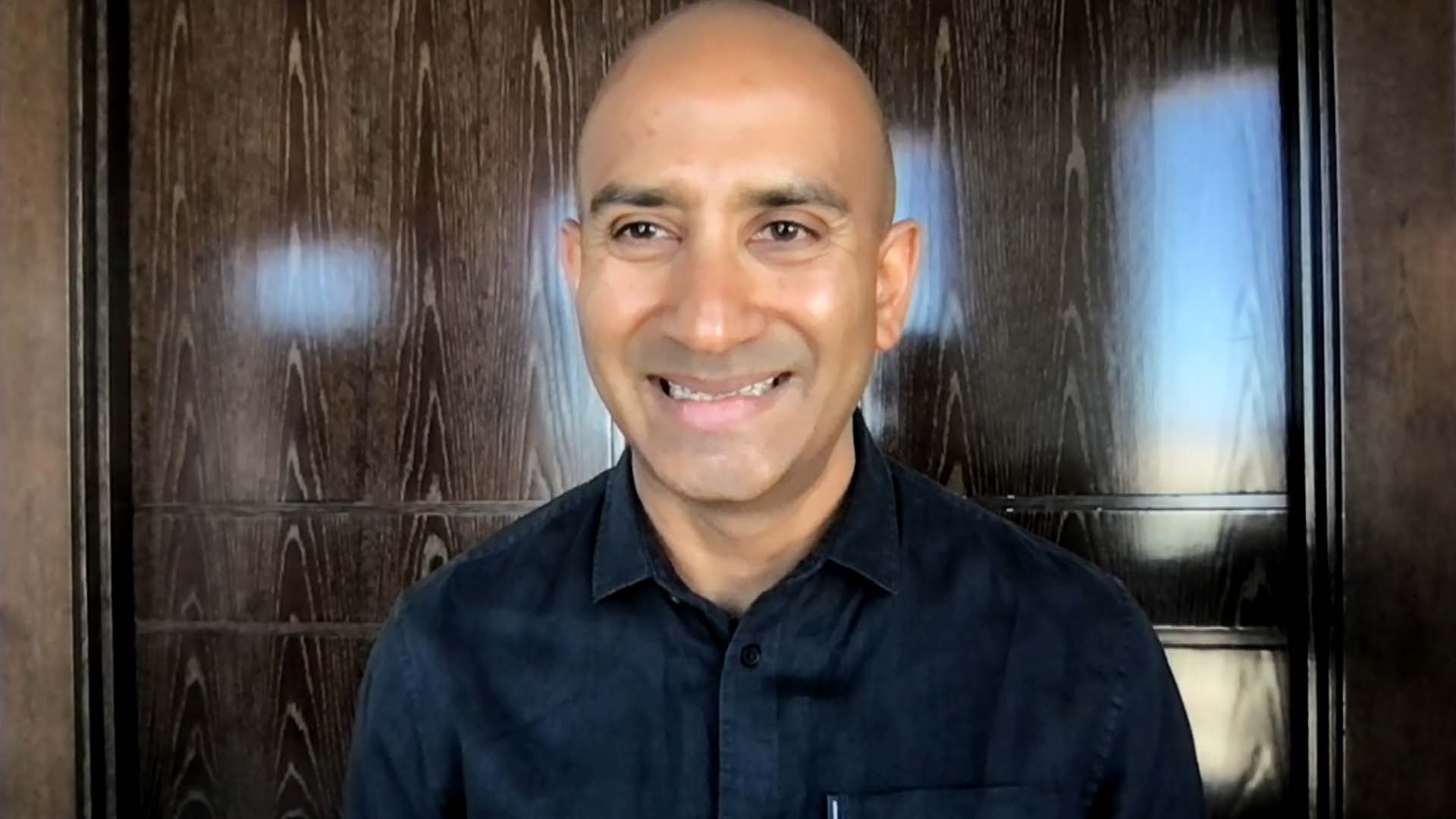 BIG DATA
BIG DATA
 BIG DATA
BIG DATA
 BIG DATA
BIG DATA
This week had been dubbed “data week,” with Snowflake Summit in Las Vegas and the Data + AI Summit in San Francisco being held this week.
For Alation Inc., the week brought some welcome news, with the company being named Snowflake’s Data Governance Partner of the Year, the third straight year the company has nabbed the title. It was also named Databricks’ Data Governance Partner of the Year. Both of those recognitions are something the company will continue to build on, according to Satyen Sangani (pictured), chief executive officer and co-founder of Alation.
“For likely the two biggest companies in data, we are their number one data governance partner,” he said. “I think it doesn’t take a lot to believe or realize that means we’re probably the best data governance partner to both customers and the ecosystem in the space.”
Sangani spoke with industry analyst John Furrier, during an exclusive interview on theCUBE, SiliconANGLE Media’s livestreaming studio. They discussed Alation’s journey and where Sangani thinks governance goes from here. (* Disclosure below.)
When Alation was founded in 2012, it was done with a view that there was a lot about data that people didn’t understand. There was a recognition that there needed to be an effort to move past old, traditional paradigms of metadata management and metadata as a term and to start talking about search and discovery in the context of data, according to Sangani.
“The thing that we built was a data catalog, and that data catalog was not unlike catalogs that you have in your real life, like Yelp, LinkedIn and Amazon,” he said. “We took those concepts and then we extended them to basically deliver an experience that allows people to find, understand and now govern their data at scale.”
Since then, the company has aimed to remain true to its fundamental “North Star,” according to Sangani. In recent months, governance has often come up in the generative artificial intelligence conversation, with developers getting involved as data gets much more part of company applications. Governance is required, but agility and predictability are still needed in the data.
So where does governance go next?
When Alation first began operations, people thought of the company initially as a search and discovery engine. The next problem that came up, however, was that people needed to build trust in data, according to Sangani.
Traditionally, when people talk about data governance, it has involved a massive, top-down initiative, where people have required large teams of data stewards, lots of change in business policy and a whole bunch of hardwired workflows, Sangani added.
“[All that is built] in order to enable this governance, which really attained very limited value,” he said. “So when we started building a governance solution, well back in 2017, we really took a different approach to the market. We said, ‘Look, most of these initiatives are not very successful.’”
What’s necessary is a governance that is federated in format and consistent with ideas of data fabric and, much more critically, data mesh, according to Sangani. So what’s the federated governance approach all about?
“What we mean is that not all of the organization should be required to adopt all of the policies, all at the same time,” Sangani said. “That to get success in governance, you have to look at it as an ongoing discipline — one where different teams, different data organizations and different data assets can be able to apply different levels of governance as and when and where needed. We found that that approach requires a totally different technology architecture and a totally different software paradigm.”
That’s what’s taking place right now, according to Sangani. And as for generative AI?
“Generative AI, obviously, taking that federated approach, which gets to much more success, gets you to this world where generative AI and AI is much more possible,” he said. “Because now, you have much better data off of which you can run all of these different AI algorithms.”
AI is, of course, a garbage-in, garbage-out process. So what Alation likes to say is that trusted AI needs and requires trusted data. So if one thinks about that, how then do they get trusted data at scale?
“You need data governance, you need people who can know that the data they’re leveraging is compliant, is of high quality, is secure, is going to comply with the various regulations that are out there,” Sangani said. “If you have that data, you’re going to be able to run much faster, and you’re going to be able to get much better results.”
Here’s theCUBE’s complete video interview with Satyen Sangani:
(* Disclosure: Alation Inc. sponsored this segment of theCUBE. Neither Alation nor other sponsors have editorial control over content on theCUBE or SiliconANGLE.)
Support our mission to keep content open and free by engaging with theCUBE community. Join theCUBE’s Alumni Trust Network, where technology leaders connect, share intelligence and create opportunities.
Founded by tech visionaries John Furrier and Dave Vellante, SiliconANGLE Media has built a dynamic ecosystem of industry-leading digital media brands that reach 15+ million elite tech professionals. Our new proprietary theCUBE AI Video Cloud is breaking ground in audience interaction, leveraging theCUBEai.com neural network to help technology companies make data-driven decisions and stay at the forefront of industry conversations.